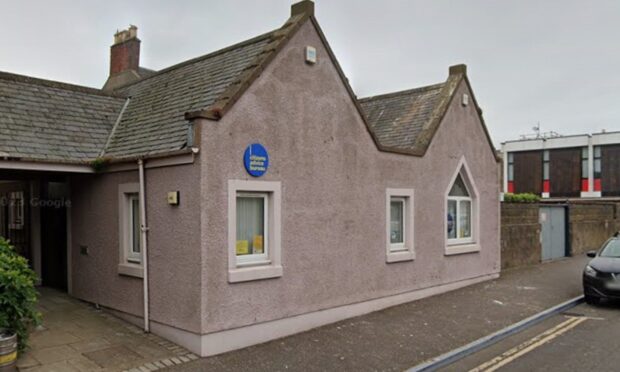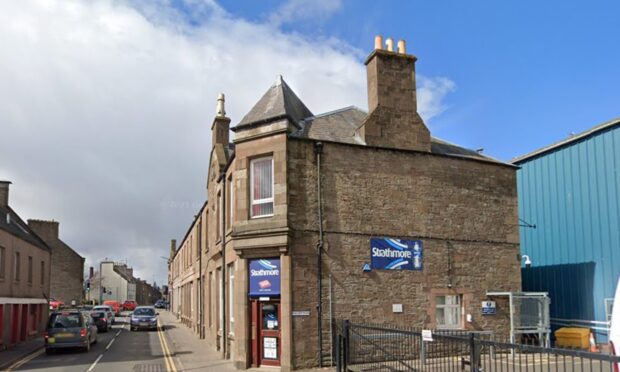A brighter prognosis has been delivered for the prescribing sick man of Scotland with predictions a massive Angus overspend could be slashed this year.
Health chiefs have expressed “cautious optimism” they may finally be seeing signs of a turnaround in a situation which has seen the area languish as a significant outlier against the rest of the country in the amount it spends on prescription drugs.
Angus has been around 14% above the national average in terms of prescribing spend per weighted population, but latest data which will be presented to Angus Integration Joint Board suggests a range of measures involving patients, GP surgeries and pharmacists are paying off.
In one case the drive for savings resulted in a patient cutting their 400 milligrammes-per-day intake of the powerful painkiller Tramadol, to nil.
Angus Health and Social Care Partnership chief officer, Vicky Irons’ report states: “In recent datasets there are encouraging indications that Angus has halted the increase in volume and costs of prescribing, with early signs of incremental movement closer to the national average.
“While there are numerous factors at play, there is cautious optimism that the intensive efforts ongoing in Angus are starting to deliver the outcomes required, recognising that it is likely to take a number of years to bring Angus’ prescribing spend closer to the national average.
“Due to the stage in the financial year, projections regarding prescribing budgets are high level at this stage with an overspend of £1.9 million projected, compared to last year’s underlying overspend of c£3.3 million,” the report adds.
A good practice guide for prescribing in care homes has reduced waste by 80%.
The report also highlights significant reductions in prescribing spend on specific drugs including the incontinence treatment Solifenacin – down by almost a third – local anaesthetic Lidocaine, for which cost and volume have dropped, and a cost-saving switch of more than 60% of Angus patients on direct oral anticoagulants to Edoxaban.
The prescribing plan had also placed what the chief officer said was a “considerable reliance” on savings related to the drug Pregabalin, which is used to treat epilepsy, anxiety and other conditions.
Hoped-for savings of around half a million pounds will now only be partly delivered because of changes in Scottish Government pricing of a range of drugs, including that one, adds the report.
“However, despite the situation regarding Pregabalin, and with some other programmes potentially under-delivering, early information for 2018/19 suggests that volume and price patterns in Angus are relatively favourable for the year to date.
“This will reflect the breadth of work currently underway and does provide grounds for some optimism,” states the chief officer.










